The British Parliament, with its nearly 600-year history, has been the epicenter of significant events and decisions that have shaped not only the United Kingdom but also the world. Steeped in tradition, Parliament maintains various customs that reflect its storied past and commitment to preserving its heritage.
One of the most unique traditions in the British Parliament is the election of the Speaker of the House of Commons. After a new Speaker is elected, they are ceremoniously "dragged" to their designated seat. This tradition dates back to a time when three Speakers were executed under the reign of King Henry VIII. The reluctance to take the seat is a symbolic gesture acknowledging the historical dangers associated with the position.
In the House of Commons, government and opposition MPs sit facing each other across the chamber. There are two red lines on the floor, spaced apart at a distance equal to the length of two swords. This custom dates back to times of armed conflict, representing the separation between two opposing sides in a battle, ensuring a symbolic 'safe' distance.
A peculiar practice in the British Parliament is the ritual of shutting the door on the faces of the Queen's officials. This tradition originates from 1642 when King Charles I visited the House of Commons, marking the last time a monarch entered the chamber. Today, the monarch visits the House of Lords annually to give a speech, while MPs symbolically close the door on the Queen's officials to signify Parliament's independence.
During parliamentary sessions, MPs are not permitted to address each other by name. Instead, they use the term "honorable members." Only the Speaker has the authority to call members by their names, reinforcing a formal and respectful discourse within the chamber.
For centuries, laws passed by the British Parliament have been meticulously recorded on vellum, a fine parchment made from animal skins. This practice has ensured the preservation of thousands of laws over the past few hundred years, reflecting the importance of durability and tradition in legislative record-keeping.
The British Parliament's rich history and customs not only preserve its traditions but also symbolize the evolution and resilience of the UK's legislative body. These practices, from the ceremonial election of the Speaker to the recording of laws on vellum, serve as a testament to the enduring legacy and cultural significance of the British parliamentary system.



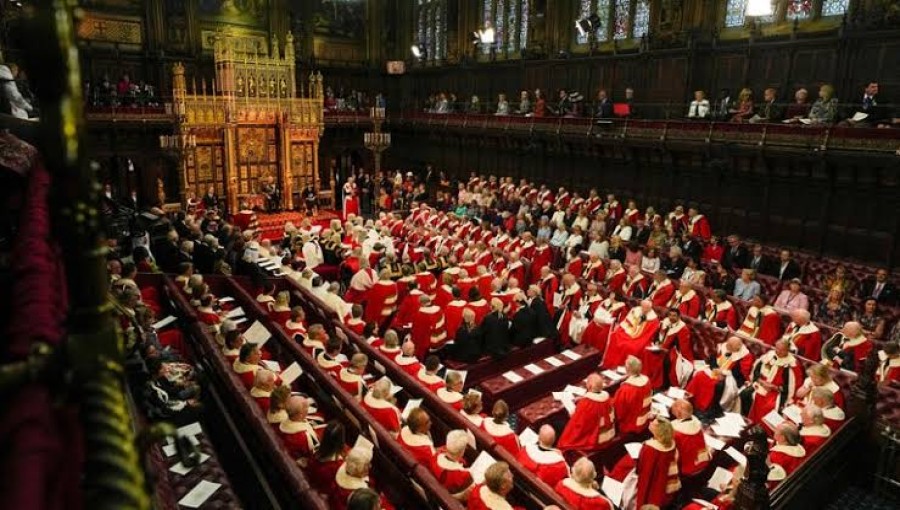






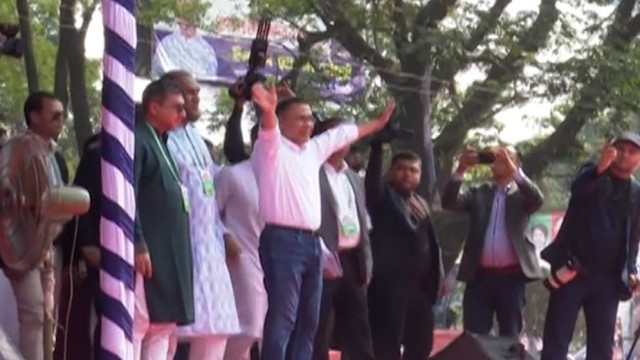
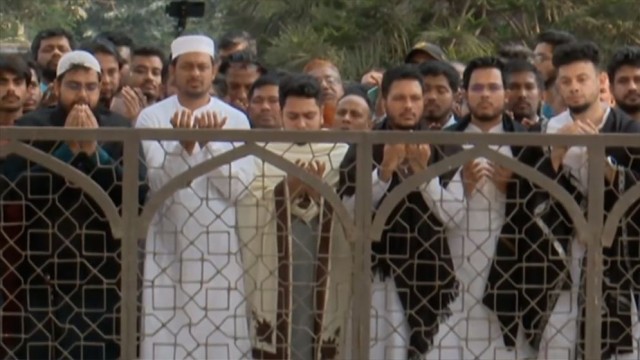

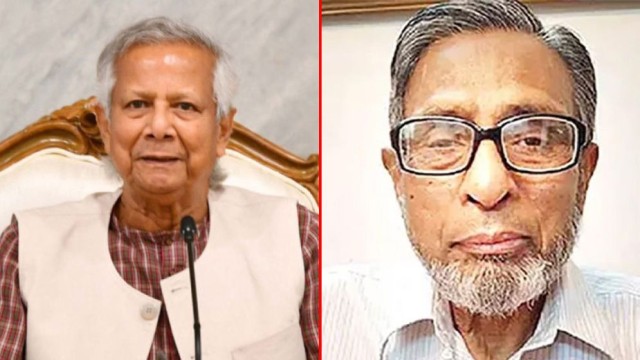


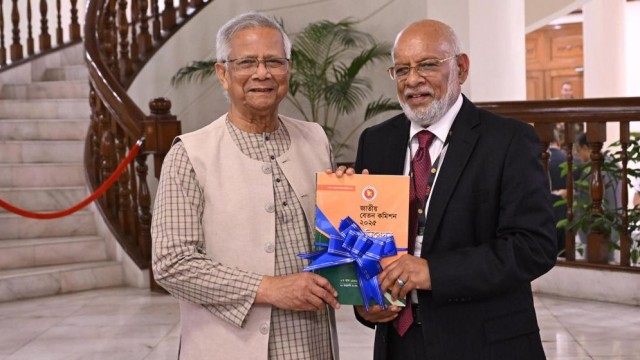














Comment: